
Toramid 10mg Tablet
Manufacturer
Trove Pharmaceuticals
Salt Composition
Torasemide (10mg)
Key Information
Short Description
Toramid 10mg Tablet is a diuretic used to reduce swelling caused by too much water in the body in people with heart failure, liver disease, or kidney disease. It is also used to treat high blood pressure.
Dosage Form
Tablet
Introduction
Toramid 10mg Tablet helps your body get rid of extra water and salt through urine. It may be used alone or in combination with other medicines as per the dose advised by your doctor. It can be taken with or without food and should be taken at the same time each day. It is best to avoid taking this medicine within 4 hours of your bedtime to prevent having to get up at night to urinate. It is important to continue taking this medication even if you feel well. If you stop taking it without consulting your doctor, your condition may worsen. Lifestyle changes like reducing stress, restricting salt intake, and stopping smoking may help this medication work better.
Directions for Use
Take this medicine in the dose and duration as advised by your doctor. Swallow it as a whole. Do not chew, crush or break it. Toramid 10mg Tablet may be taken with or without food but it is better to take it at a fixed time.
How it works
Toramid 10mg Tablet is a diuretic. It removes extra water and certain electrolytes from the body by increasing the amount of urine produced.
Quick Tips
Take it in the morning with breakfast to avoid getting up at night to urinate. Monitor your blood pressure after starting Toramid 10mg Tablet and notify your doctor if it does not lower down. Consult your doctor if you experience dizziness, tiredness, or muscle weakness that does not go away. Take potassium supplements or potassium-rich diet (banana, spinach, coconut water, etc.) as Toramid 10mg Tablet can decrease your potassium levels and lead to dehydration. You may be asked to get regular blood tests done to monitor your kidney function.
Related Medicines
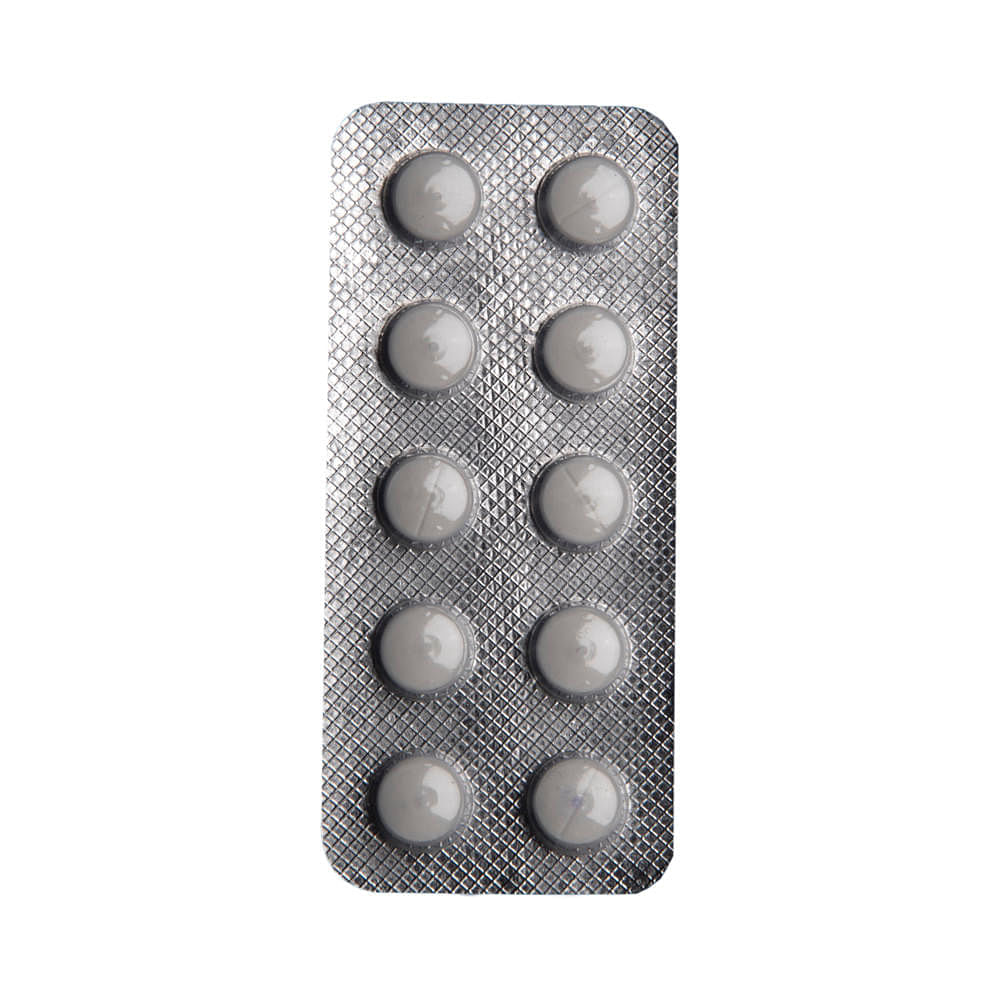
Torget 10 Tablet
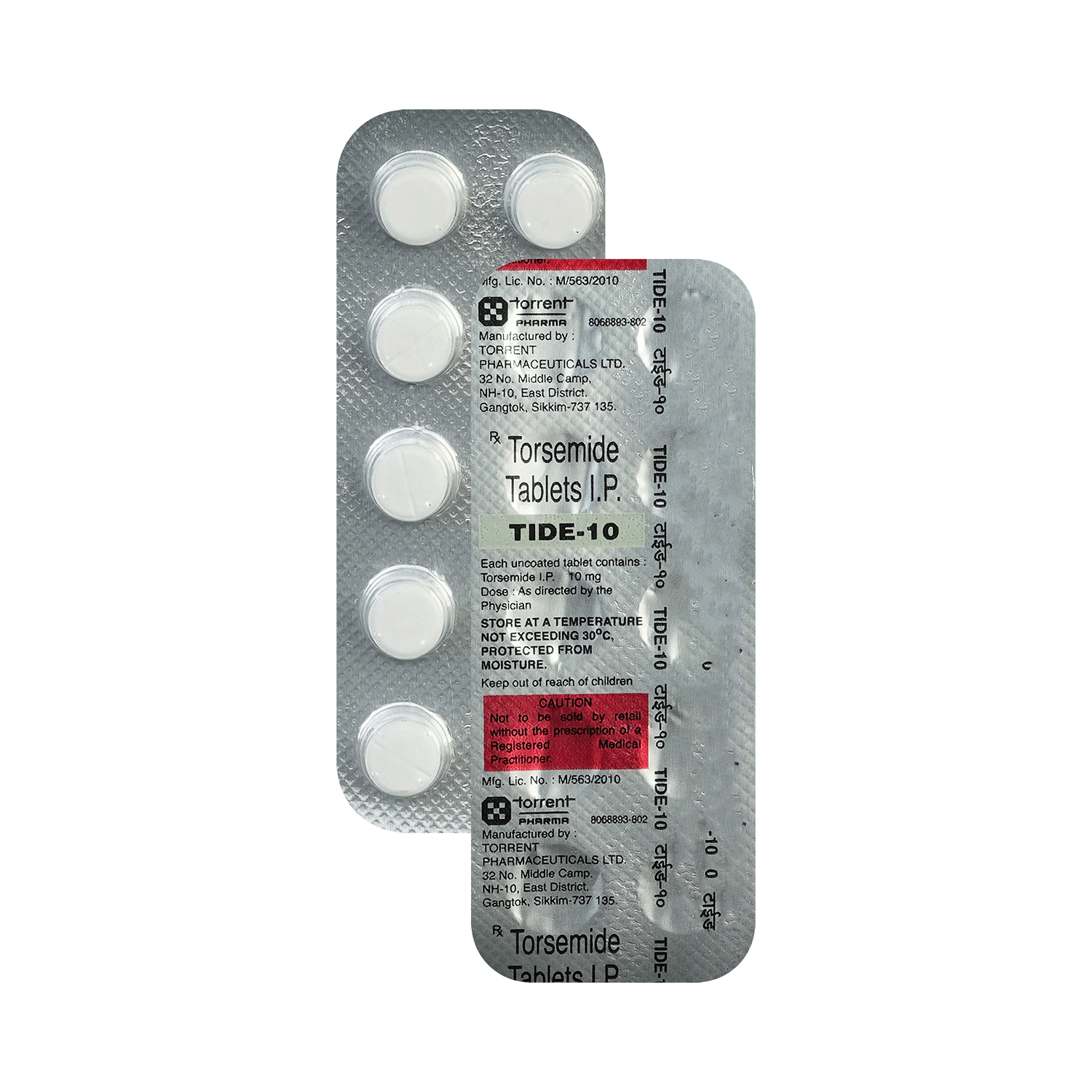
Tide-10 Tablet
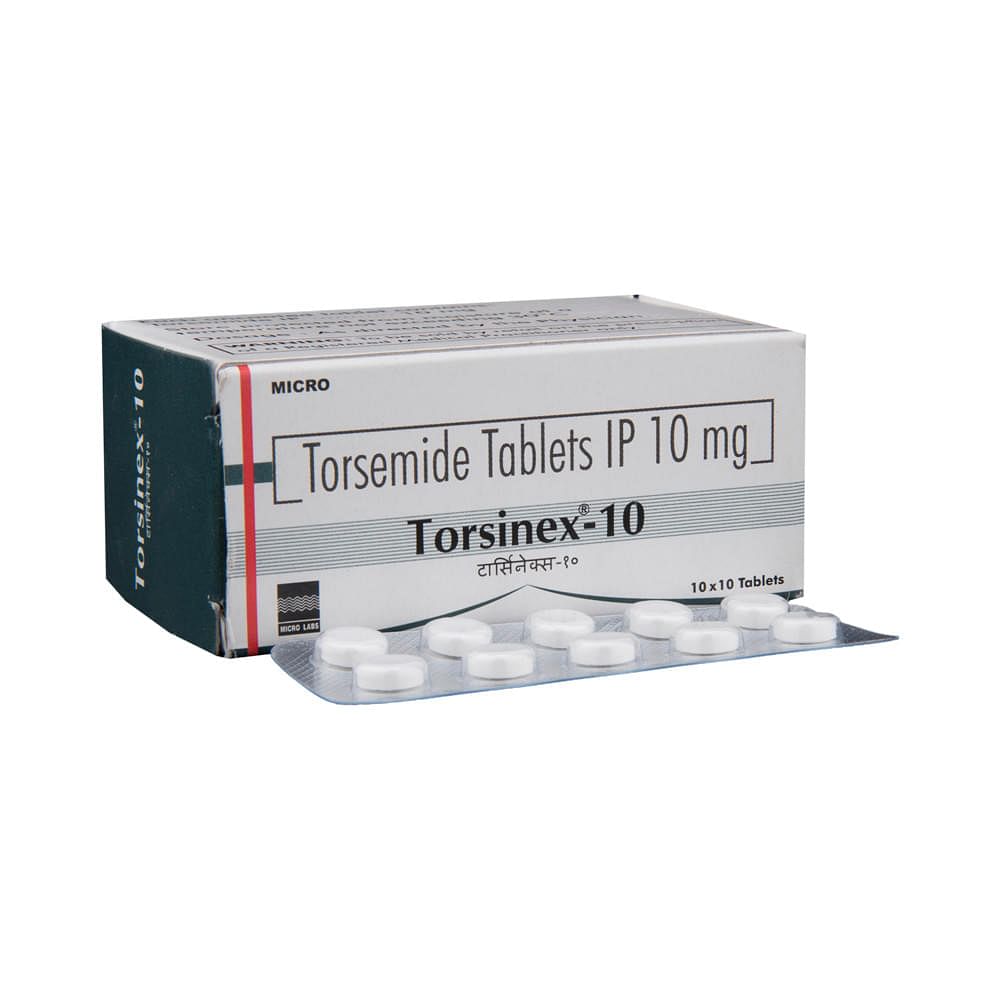
Torsinex-10 Tablet

Torsid 10 Tablet
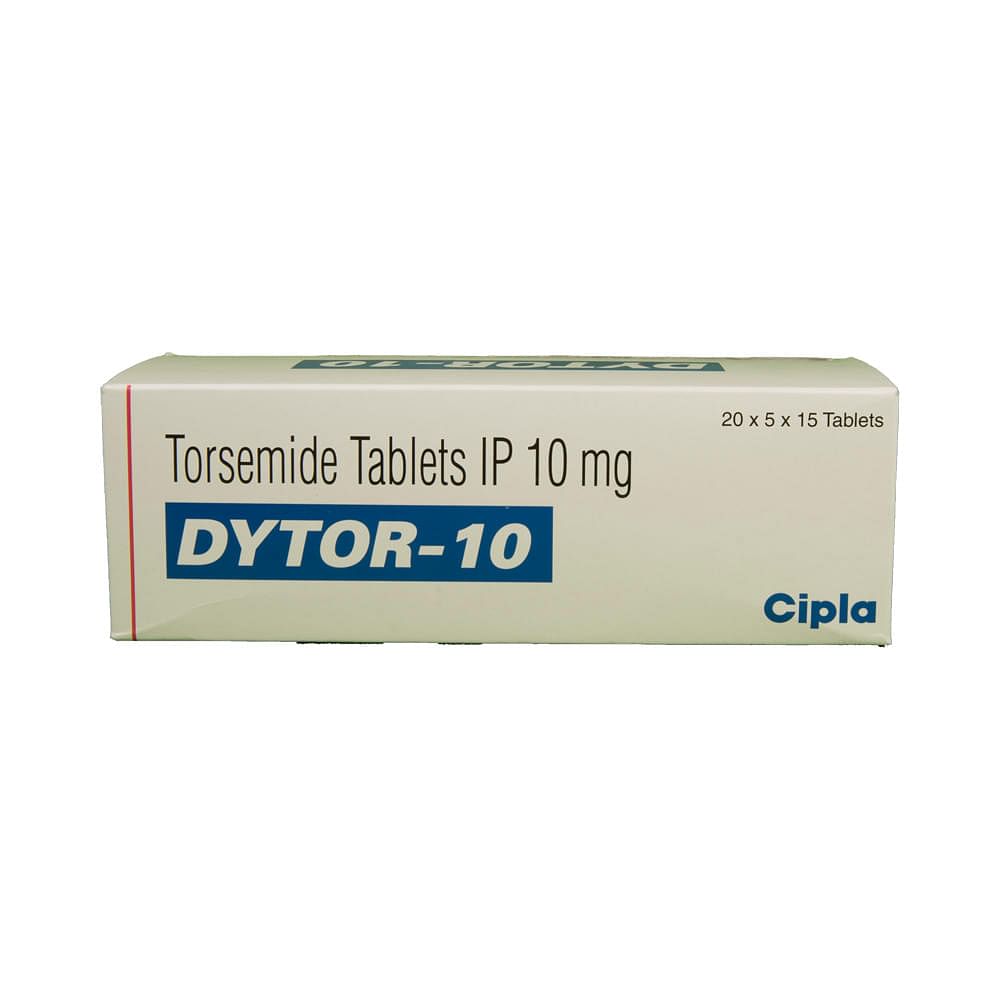
Dytor-10 Tablet

Retorlix 10mg Tablet

Trmide 10mg Tablet
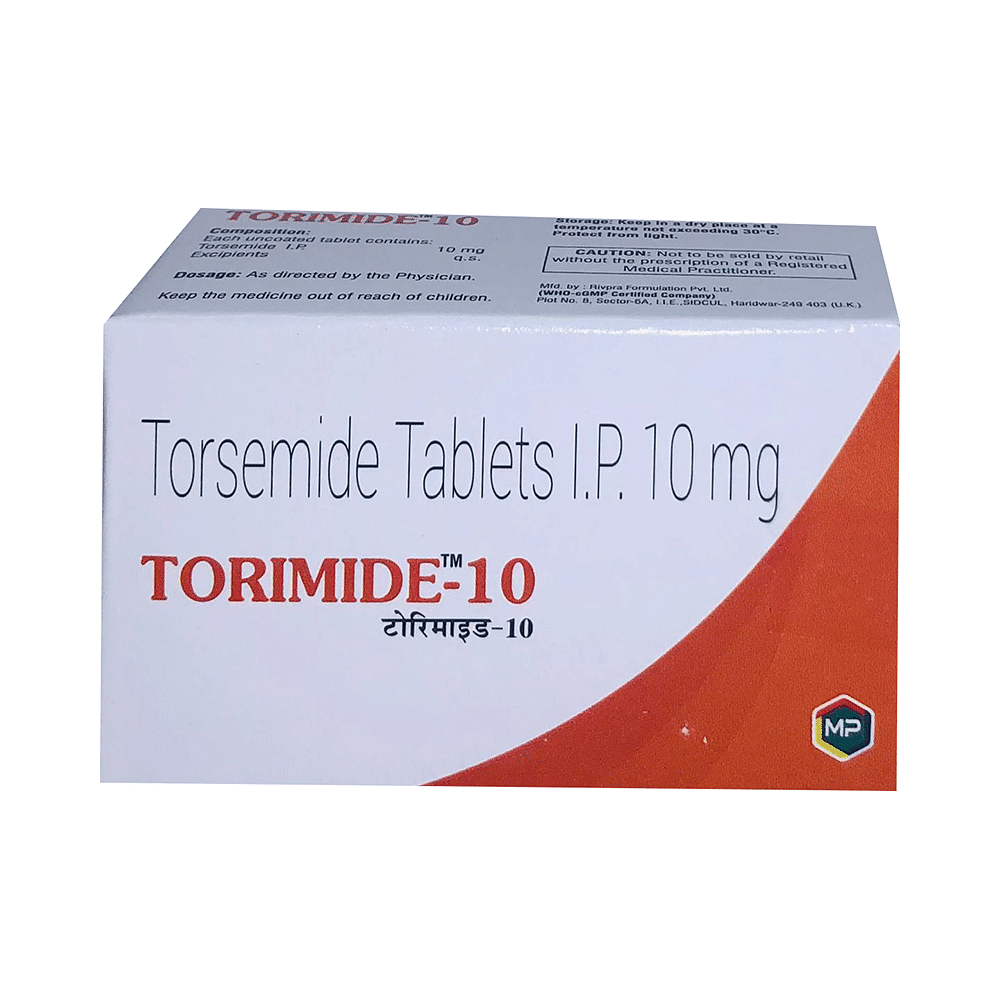
Torimide 10 Tablet

Torsimax 10mg Tablet
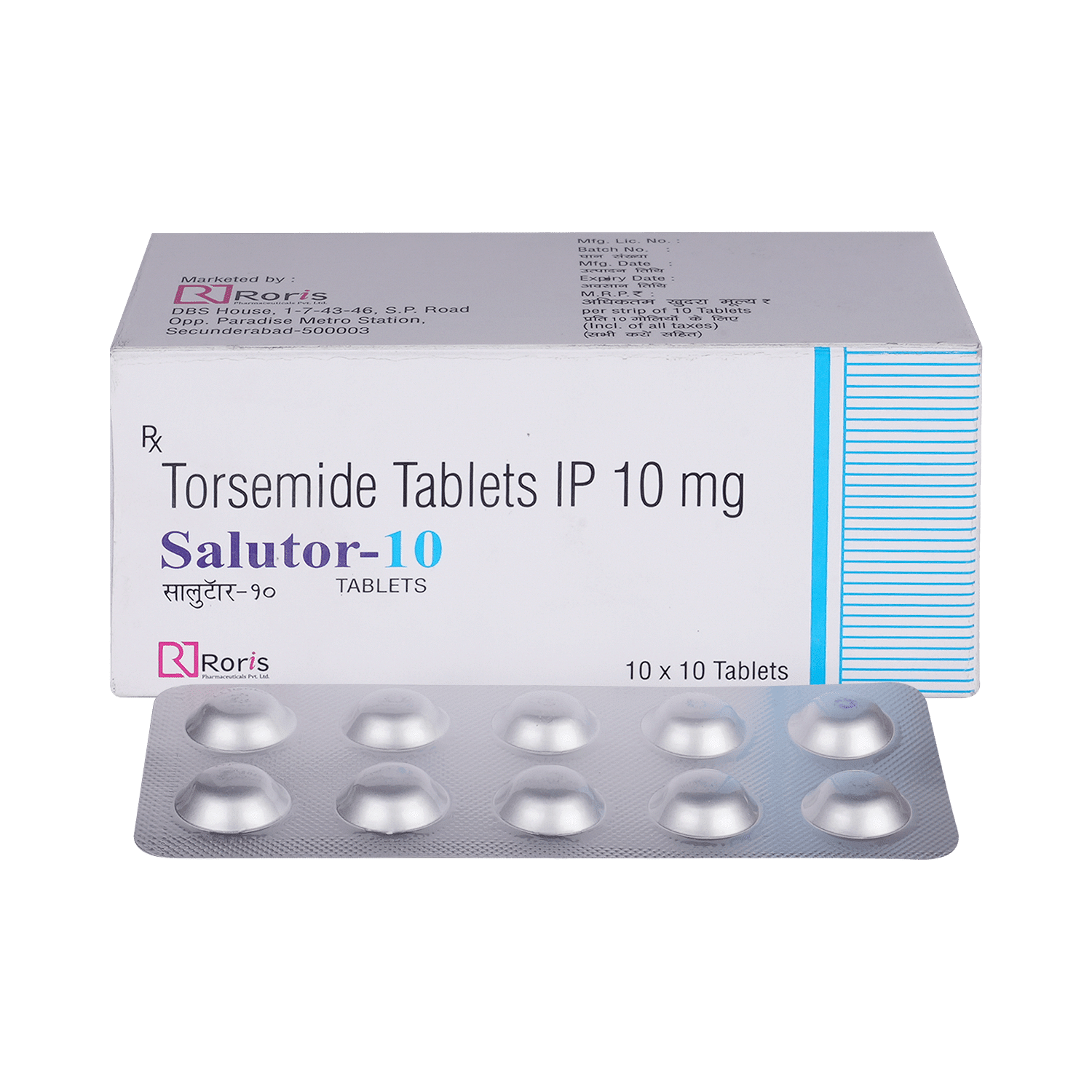
Salutor 10mg Tablet
Frequently asked questions
How does Toramid 10mg Tablet affect blood sugar levels?
Toramid 10mg Tablet may cause a rise in blood sugar levels, leading to hyperglycemia. It is essential to monitor your blood glucose levels while taking this medication.
What are the common side effects of Toramid 10mg Tablet?
The typical side effects of Toramid 10mg Tablet include headache, dizziness, dehydration, constipation, decreased blood pressure, and stomach upset. In severe cases, symptoms may include dehydration and electrolyte imbalance, rapid weight loss, vomiting blood, chest pain, difficulty breathing or swallowing, blisters or peeling skin, hives, rash, and itching.
Does Toramid 10mg Tablet increase creatinine levels?
Yes, Toramid 10mg Tablet may cause a mild elevation in creatinine values, which can be more pronounced with long-term use. However, these levels typically return to normal once treatment is discontinued.
Can Toramid 10mg Tablet lead to loss of potassium?
While Toramid 10mg Tablet itself does not directly cause potassium loss, it can contribute to dehydration through excessive urination. This may, in turn, lead to the loss of potassium, sodium, calcium, and magnesium.
Can I stop taking Toramid 10mg Tablet if my blood pressure is controlled?
Do not discontinue Toramid 10mg Tablet without consulting your doctor. Stopping treatment may cause a return to pre-treatment blood pressure levels, and your doctor will advise on whether to adjust the medication or dosage based on your specific needs.
How should I take Toramid 10mg Tablet?
Take Toramid 10mg Tablet exactly as directed by your doctor. Typically, it is taken once daily at the same time each day. Due to its diuretic effect, it is recommended to take it in the morning.
Is Toramid 10mg Tablet stronger than furosemide?
Both medications share similarities in terms of safety and effectiveness. The primary difference lies in their duration of action, with Toramid 10mg Tablet having a longer-lasting effect compared to furosemide, although both start working within an hour of intake.
How long does it take for Toramid 10mg Tablet to show its effects?
Toramid 10mg Tablet starts acting within one hour after oral administration and maintains its effect for approximately six to eight hours when taken orally.


